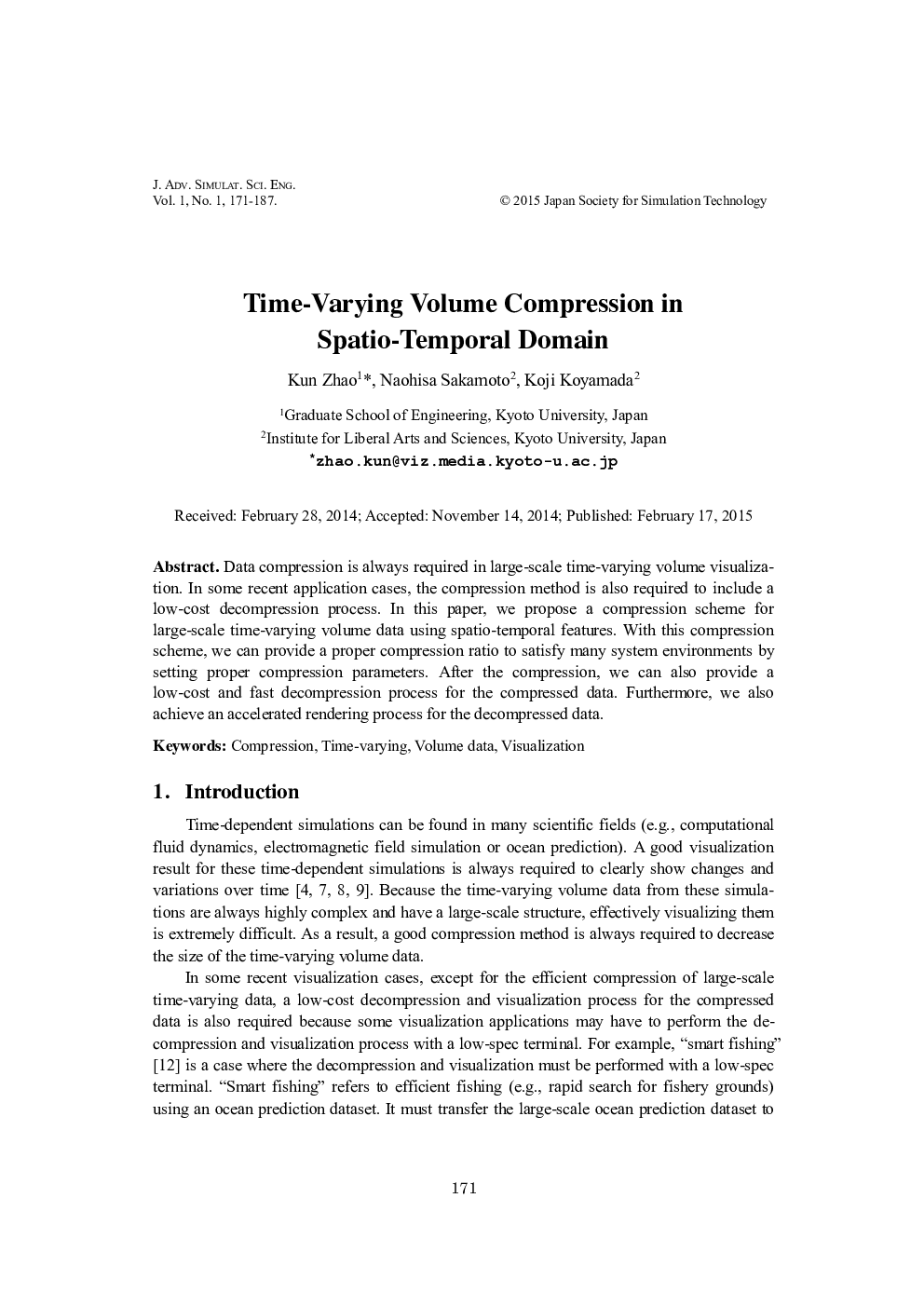| Article ID | Journal | Published Year | Pages | File Type |
|---|---|---|---|---|
| 5832138 | International Immunopharmacology | 2015 | 17 Pages |
Abstract
Sinomenine is an isoquinoline-type alkaloid found in Sinomenium acutum (Thunb.) Rehd. et Wils and S. acutum (Thunb.) Rehd. et Wils var. cinereum Rehd. et Wils. When used as a medicine, this compound exhibits anti-inflammatory properties; however, sinomenine's use as a medication is limited by side effects, a short half-life, and low efficacy. Owing to these limits, attempts have been made to synthesize sinomenine derivatives with enhanced efficacy. In this study, the anti-inflammatory effects of novel sinomenine derivatives (S1a-S1f) were examined on the basis of lipopolysaccharide-induced inflammatory factor expression in Raw264.7 cells, dimethylbenzene-induced ear oedema, and Evan's blue leakage in mice, and carrageenan-induced paw oedema in rats. Compared with sinomenine, the derivatives significantly inhibited the expression of the inflammatory factors IL-1β and IL-6 at the transcriptional and translational levels. Topical application of 3.250 mg/kg of the derivatives also alleviated ear oedema. Compared with the vehicle, the derivatives significantly inhibited carrageenan-induced rat paw oedema after 6 h. Among the derivatives, S1a exhibited the most potent anti-inflammatory activity. S1a also significantly increased the sinomenine-induced inhibition of Evan's blue leakage. Thus, S1a may elicit the strongest anti-inflammatory effects of the tested compounds. Based on these results, further development of this compound may be warranted.
Related Topics
Life Sciences
Immunology and Microbiology
Immunology
Authors
Zijian Zhao, Jing Xiao, Jiancheng Wang, Wanrong Dong, Zhihong Peng, Delie An,
